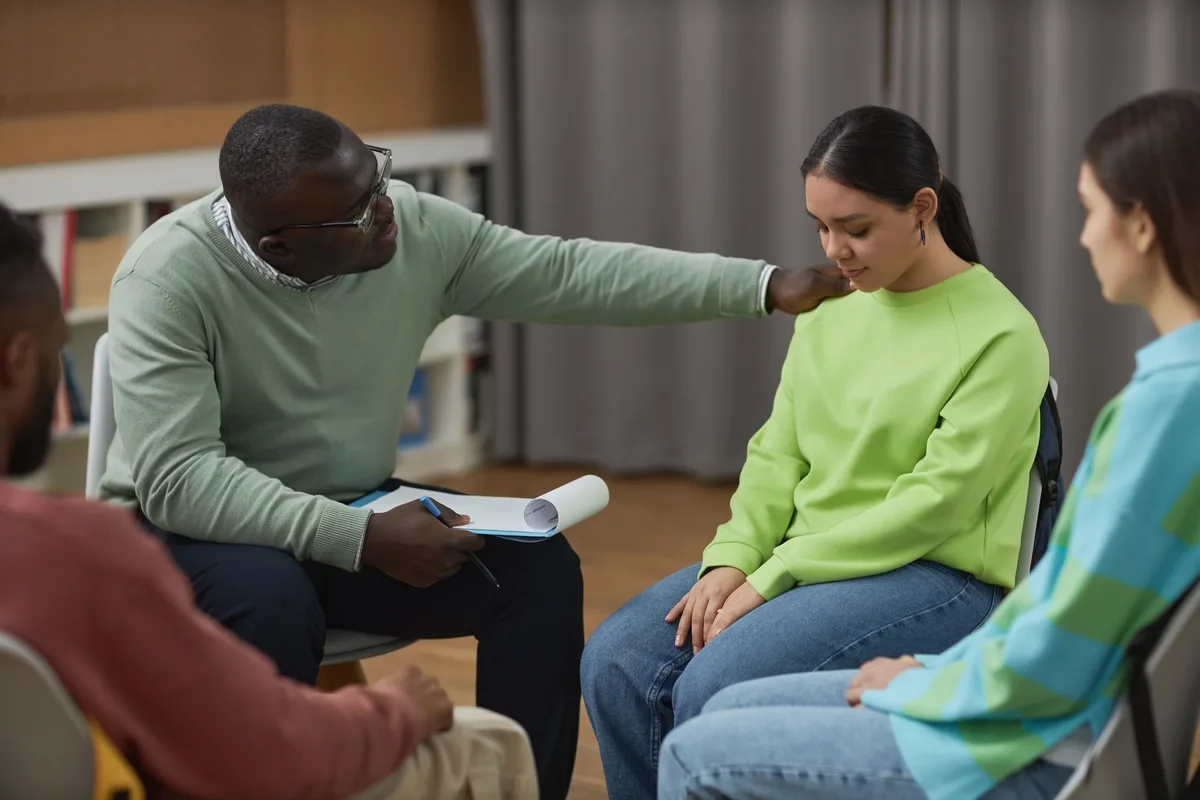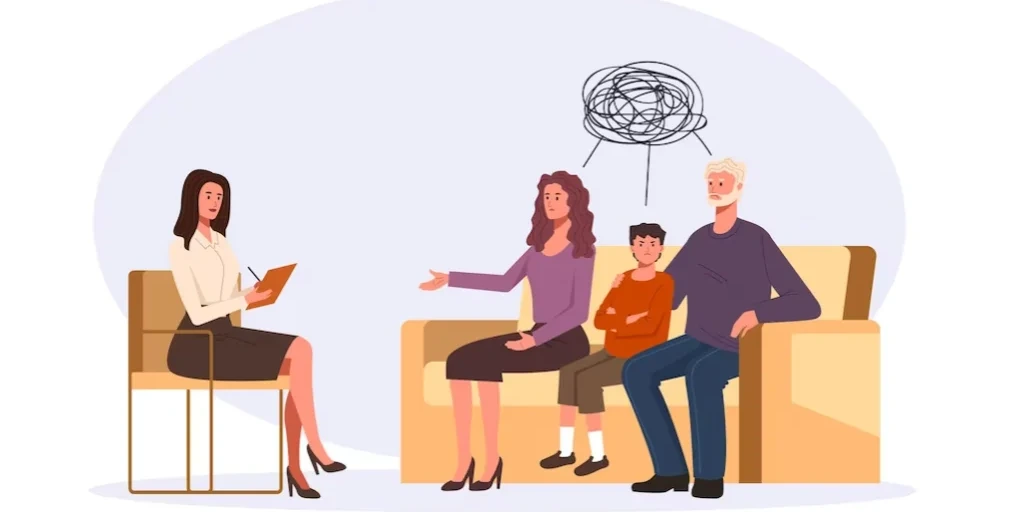24/7 Helpline:
(866) 899-221924/7 Helpline:
(866) 899-2219
Learn more about Outpatient Rehab centers in Kandiyohi

Other Insurance Options

Cigna

CareSource

Aetna

Holman Group

CareFirst

Health Net

BlueShield

Multiplan

Health Partners

BlueCross

Group Health Incorporated

Amerigroup

Sliding scale payment assistance

Optum

Access to Recovery (ATR) Voucher

Excellus

Anthem

Ceridian

Choice Care Network

Oxford














